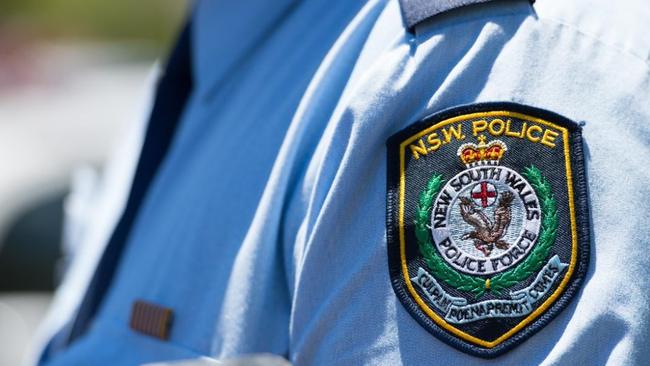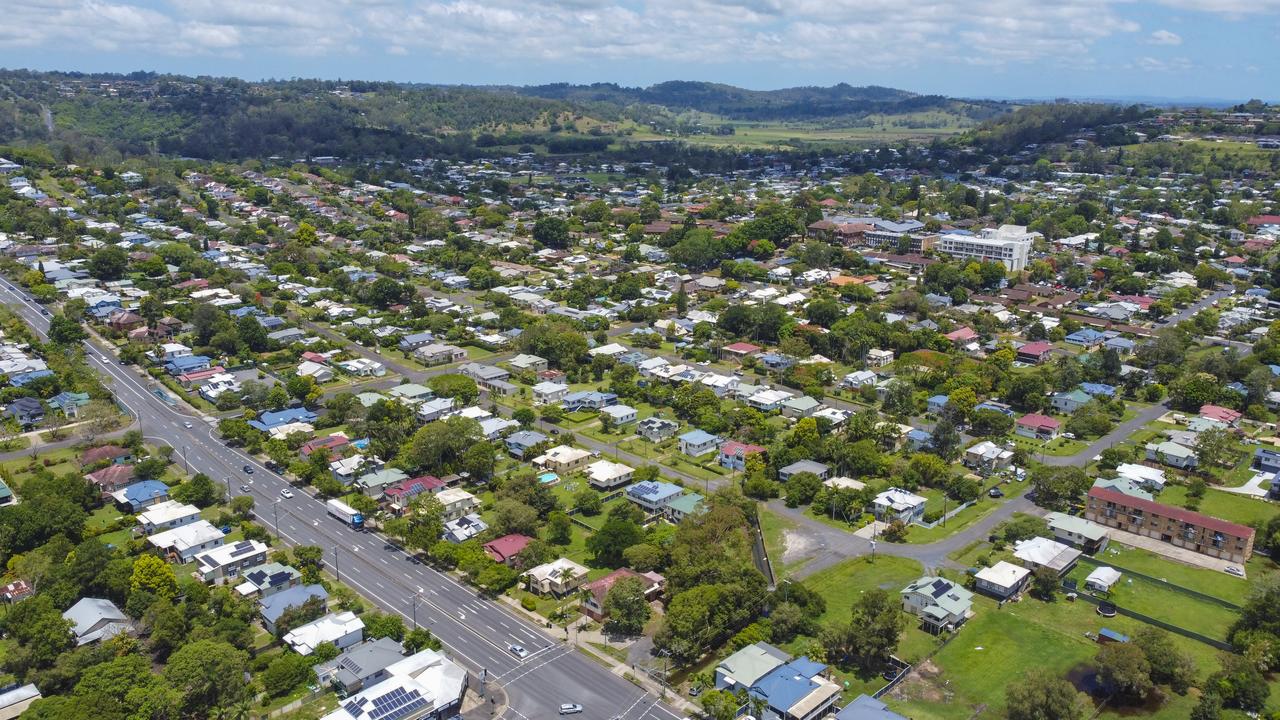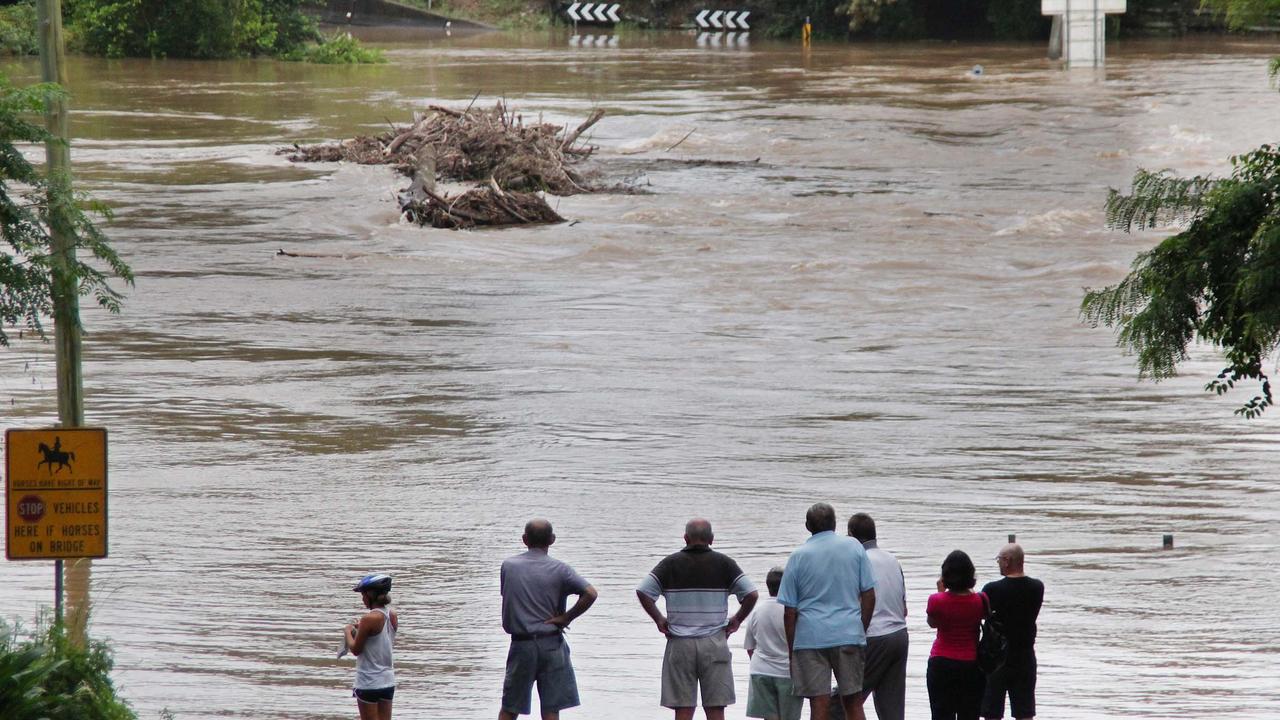Contesting $1000 coronavirus fines could cost you big bucks
YOU can challenge the fines in court, but the penalties could end up costing you a lot more.

Lismore
Don't miss out on the headlines from Lismore. Followed categories will be added to My News.
WHILE a $1000 fine for breaking tough coronavirus rules can be contested in court, challenging the matter could cost up to $5000 and ignoring it could cost your driver's license, a Lismore solicitor says.
NSW residents are living under Australia's toughest coronavirus restrictions and police can issue on-the-spot fines of $1000 to people who break the rules.
The only reasons individuals can leave the house lawfully, are to work, access medical care, study, to shop for essential items, or exercise alone or with one other person.
But if a person disagrees with receiving the "significant" infringement notice, Far North NSW Law Society president and Trenches McKenzie Cox partner Stephen Pinchin said there were "important considerations" to be made before taking action.
The infringements come under the same legislation (the Fines Act 1996) as parking, speeding and littering on-the-spot fines, and Mr Pinchin said if a person believes they are not guilty they can contest the ticket and even represent themselves in court.
"If people have had one before they should know how they work," he said.
"But you have a right to say 'this is what happened, not what the police say what happened' if that is the case.
Mr Pinchin said under the Public Health Act, the penalty for an offence of this type is set at $5000 when you go to court - the on-the-spot fine is $1000.
"When dealing with police, always be polite and if you are going to contest it do so quietly."
He said the magistrate had the right and power to increase or reduce the penalty - depending on person's record and personal circumstances.
"If the fine isn't paid, then the enforcement process for non-payment of fines would begin," he said.
"The government basically suspends your drivers license until you pay the fine or make arrangements to pay it off.
"If you choose not to exercise your options - that is to take the matter to court or make representations - then the ticket must be paid within the time prescribed which is usually 28 days.
"If you receive a fine, seek legal advice and if you can't afford it contact the Northern Rivers legal centre or the Legal Aid office."


